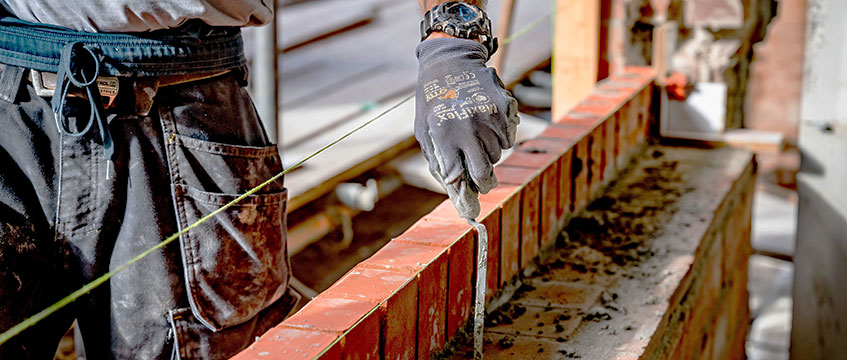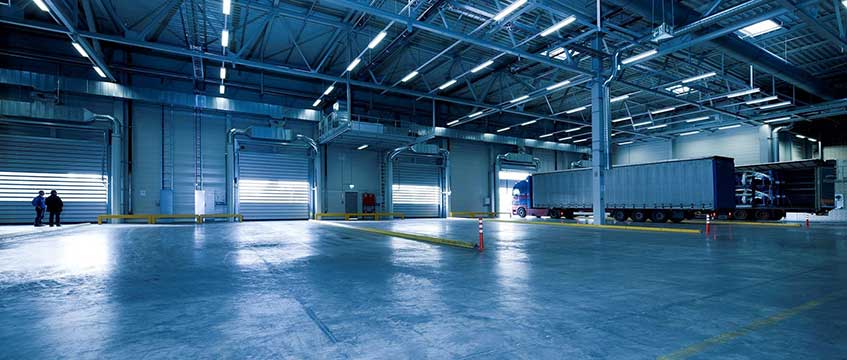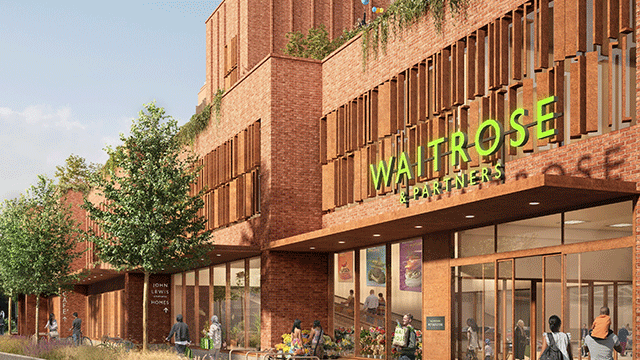Changing consumer habits have reversed the fortunes for physical retail, but the logistics sector has continued to benefit as retailers move their operations from the shop to the shed.
Savills data shows that investment into logistics has been above the 10-year average for the past three years, and leasing for the past two. Advantageous market conditions created by the growth in online spend has coincided with apprehension that a no-deal Brexit could cause stockpiling of goods. There hasn’t been a better time be in the sheds game.
In vogue
The logistics sector remains the in-vogue choice for investor capital. Yet unlike its office or retail counterparts, industrial real estate has never been able to forge an identity as a potential spark for cultural or economic regeneration. While logistics space will remain an important component in the UK’s ability to become more productive, it has its limitations when it comes to incubating environments in which people want to live, work and play. Instead, its merits lie in its capacity to enable speed, precision and efficiency to the networks it serves.
There is an expectation that the current growth of online spend will begin to decelerate in the coming decade, but there is no expectation that the demand for logistics space will reduce. With revenues from bricks-and-mortar stores drying up, it has never been more important for traditional retailers to have an omnichannel strategy. Covid-19 has accelerated the uptake of e-commerce, especially in the supermarket sector, where previously non-compliant online food shoppers are now exploring the channel for the first time.
In the short term, Savills’ research notes that in times of low economic confidence customers have historically turned to online shopping. This will magnify in the coming years if the fiscal fallout of the government’s coronavirus bailout begins to reduce disposable income. Once again the logistics real estate sector could be poised to take advantage of otherwise unfavourable economic conditions.
Logistics space is no longer cast to the extremities of our urbanised environments. As the space race intensifies, logistics operators will begin to invest in different types of assets, potentially looking for high street hubs from which to operate last-mile operations or vacant retail park premises.
The hotly contested search for suitable and affordable land in central urban locations could lead to the creation of multi-purpose logistics facilities. Beds and sheds had been thought a solution to this shortage of space, though combining other use types could prove more attractive, given the reticence from residents to live in or near industrialised workspaces for a variety of health and wellbeing reasons. Logistics space is set to become increasingly important to the health of the UK economy.
Logistics space is no longer cast to the extremities of our urbanised environments. As the space race intensifies, logistics operators will begin to invest in different types of assets
A safe bet
The logistics boom in the 2010s shows no sign of slowing in the 2020s. Consumer habits and expectations will continue to drive shorter delivery times and easier collection for goods bought online. As an asset class it will remain attractive to investors as it looks a safe bet for solid returns. Yet as the UK looks to increase its productivity and bounce back from the coronavirus, there is little to suggest that industrial space can be a real driver in this recovery.
The increasing distribution network in the UK has created ample employment opportunities in recent years, yet many of these new roles that have been created will fall into the “low-skilled” category, most employees therefore earning lower than average salaries and offering less stimulus to local economies as a result of suppressed disposable income.
The trade-off between physical retail and logistics space will continue, though it is not expected that the last-mile surge will move to reanimate all those vacant high street shops we expect to appear. Research compiled by PwC and ULI indicates that logistics space is one of the least favourable asset classes to repurpose existing real estate space into, behind only retail. The infrastructure and technology that is required to set up logistics premises makes it more difficult to create those spaces without starting from scratch, which is one reason obsolescence in industrial units is happening increasingly quickly.
While the sector may not have the ability to transform the UK’s productivity stagnation, nor to lift the country to a post-coronavirus recovery, it does offer the apparatus to do it more quickly.
To read more about real estate in the 2020s download EG’s free special report here
To send feedback, e-mail james.child@egi.co.uk or tweet @JamesChildEG or @estatesgazette











